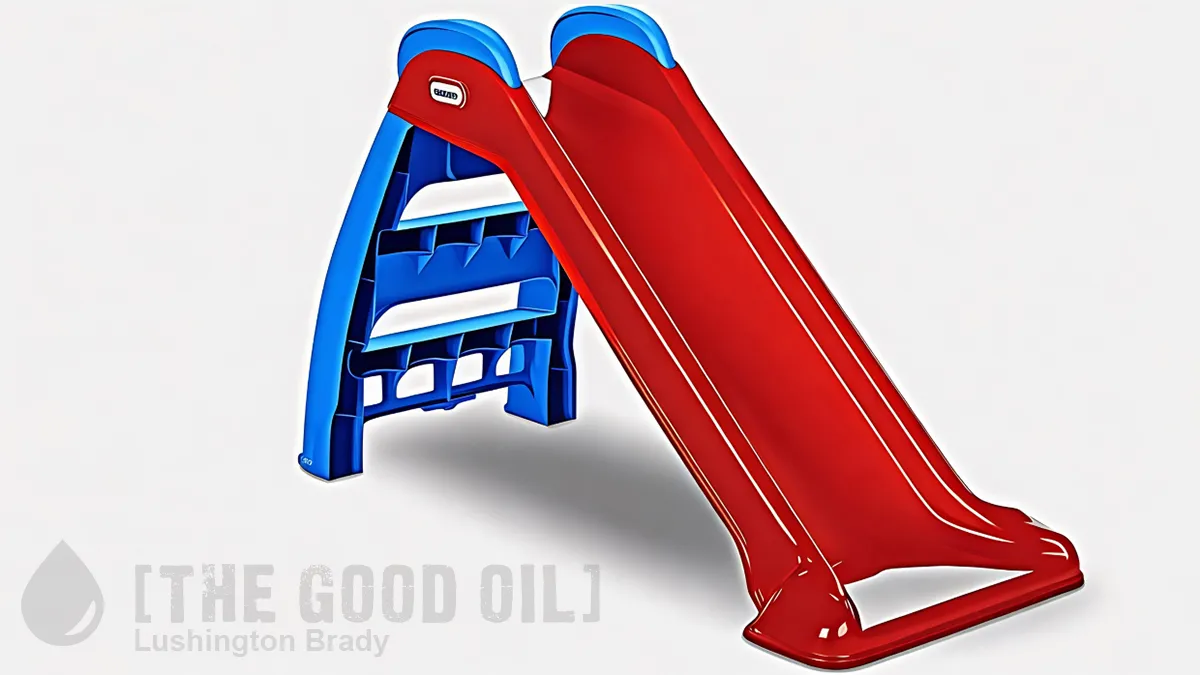Table of Contents
Well, here we are at last at the actual election campaign, instead of the phony one we’ve been stuck in for the past two months because Anthony Albanese hung on to the last possible minute to squeeze as much life out of his miserable government as he legally could.
So, where do things stand at this early stage? Don’t go betting the farm on anything, yet.
Labor has secured an early lead in the election race following a slump in the coalition’s primary vote and a fall in support for Peter Dutton, despite voters ranking Jim Chalmers’ budget last week as the worst for the economy in a decade.
This still has Labor headed for, at best, minority government. Which, frankly, would be the worst possible outcome: the Green tail wagging the Labor dog. We saw how that went in 2010–13. But Labor shouldn’t be celebrating yet.
Because, in the end, this is going to be a cost-of-living election. Voters have zero faith in Labor on that score.
The assessment of whether the budget would be good for the economy was the lowest on record, with only 22 per cent saying they believed it would be good […]
A total of 32 per cent said it would be bad for the economy, which is the highest since the Coalition’s 2014–15 budget that was considered a political disaster for the then Abbott government.
Few people believed the budget would leave them financially better off despite Labor’s cost-of-living relief measures, which included an extension of energy bill subsidies.
This is the message the coalition needs to hammer hard: Are you better off than you were three years ago?
Is this, though, a sign that Labor are on the rebound? Not if history is any guide.
Analysis of Newspoll results dating back to the 2004 election show that Labor has lost ground over the course of the campaign at every one of the past seven elections.
There’s a persistent myth that the Labor machine is the superior campaign apparatus. The data shows otherwise: in every campaign for the last 20 years, the first poll of the campaign is Labor’s best. From there on, they inevitably go backwards. Remember when Bill Shorten was set to romp it in?
At every election since Newspoll began doing 2PP calculations across a whole parliamentary term, Labor’s primary vote and 2PP votes have fallen across the course of the campaign.
Remarkably, Labor entered six of the seven campaigns ahead on 2PP but won only three of those elections, surrendering leads in 2004, 2016 and 2019.
Even the hyper-popular (before he was elected, anyway) Kevin Rudd shed primary vote popularity through the course of his 2007 campaign. Rudd shed nearly five percentage points from the start of the campaign to election day. And voters actually liked Rudd (until they got to see him in action). Nobody likes Albanese.
Even in its most runaway successful campaign of the past 20 years, to defeat Scott Morrison in 2022, Labor went backward by a full percentage point. The average decline for Labor over the course of the past seven campaigns is two per cent.
At present, the polls are neck and neck. Newspoll has Labor just ahead, 51:49, while Freshwater Strategy says the reverse. YouGov and Resolve have it exactly 50/50.
By contrast, the most devastating coalition campaigner of recent years was Tony Abbott. In his first run, Abbott took the coalition from a landslide defeat to within just two feckless independents’ grasp of government in a hung parliament. Three years later, he became one of just five Liberal leaders to win an election from opposition, in a landslide defeat of once-poll favourite (nearly double Jacinda Ardern’s peak popularity) Rudd.
Abbott won by not being afraid to campaign on conservative values, even on the left’s Holiest of Grails, ‘climate change’. Abbott won by identifying Labor’s weak points – the carbon tax in particular – and relentlessly hammering them.
Of course, he squibbed it all in government. Dutton has to be sure to capitalise on Labor’s weakness and win, first.








